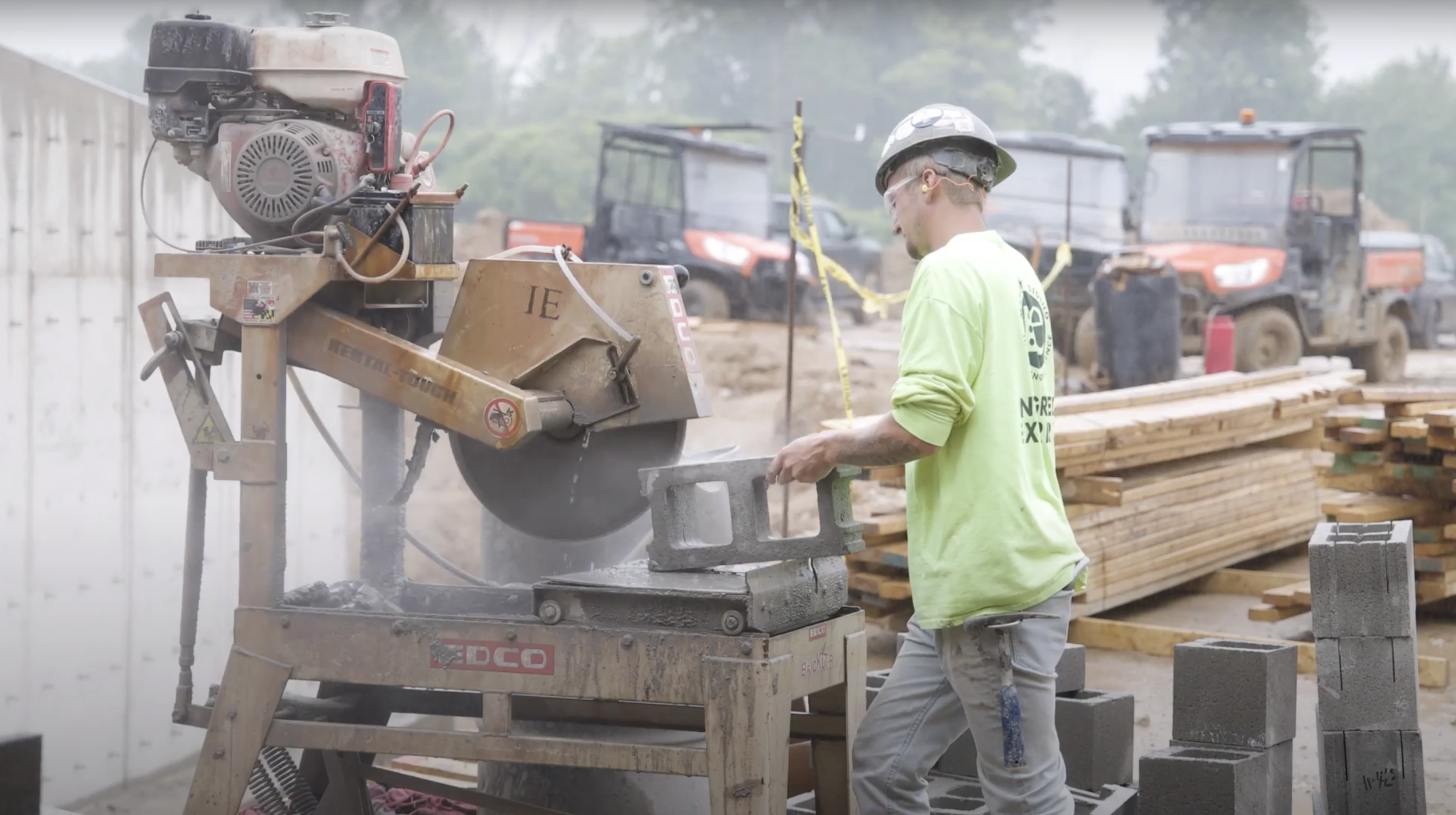What do I need to know about safe work?
Workplaces must meet basic safety standards such as…
Having a written accident prevention program, first aid kits, fire extinguishers, trash containers, toilets, and washing facilities.
Fall hazards need to be guarded with guardrails, stair handrails, hole covers, or safety nets. If this is not practical, then employers must provide personal fall protection systems, such as harnesses, lanyards, and suitable anchors. The OSHA standard for this is any exposure over 6 ft. in construction and 4 feet in manufacturing requires fall protection.
Chemicals must have labels and Safety Data Sheets (SDS).
Also, machinery and equipment with moving parts such as rotating blades, shafts, pulleys, belts, and gears must have guards to protect workers from being pinched, cut, or caught in or by the equipment, and electrical equipment must have guards to protect workers from getting shocked.
Workers have safety rights, such as...
Receiving safety training in a language they understand. Receiving required safety equipment or personal protective equipment (PPE), such as safety glasses, hearing protection, and personal fall arrest systems. And the right to report injuries without fear of retaliation.
Employers have safety responsibilities, such as....
Providing a workplace that is free from serious recognized hazards, providing safety training to workers, Keeping records of work-related injuries, and making them available to workers in an OSHA form 300. Employers have a responsibility to not discriminate or retaliate against workers who exercise their safety rights. Also, the use of safety posters, signs, and labels to warn workers of potential hazards helps employers fulfill their responsibility.
To help with safety, take the initiative to...
Get involved. Whatever your role is at your company, demonstrate safe work habits by your personal example. Implement a reporting system. Inspect your workplace and use this form to do so. Request and provide safety training. Talk to experienced workers about the hazards on the job and ask all workers for ideas to improve safety. Start a safety committee. Sign up for a free 30-day subscription to our weekly video safety video here.
These are basics, just to get started with. But, thank you for all you are doing for your safety and for helping others.
I’ll see you out there!
Seth (Aka Safety Culture Pro)
Do you want to learn more about our weekly 3-minute safety toolbox talks videos for construction companies? Read our story.

